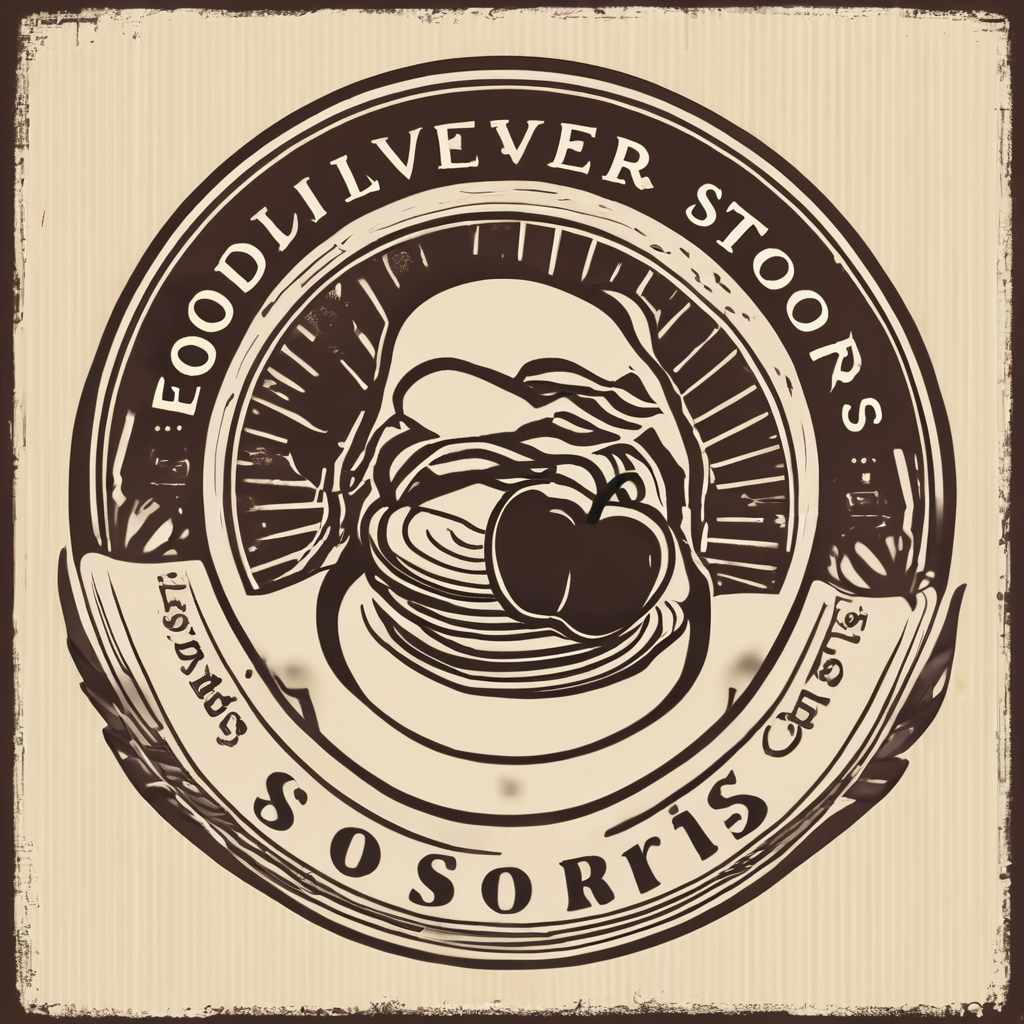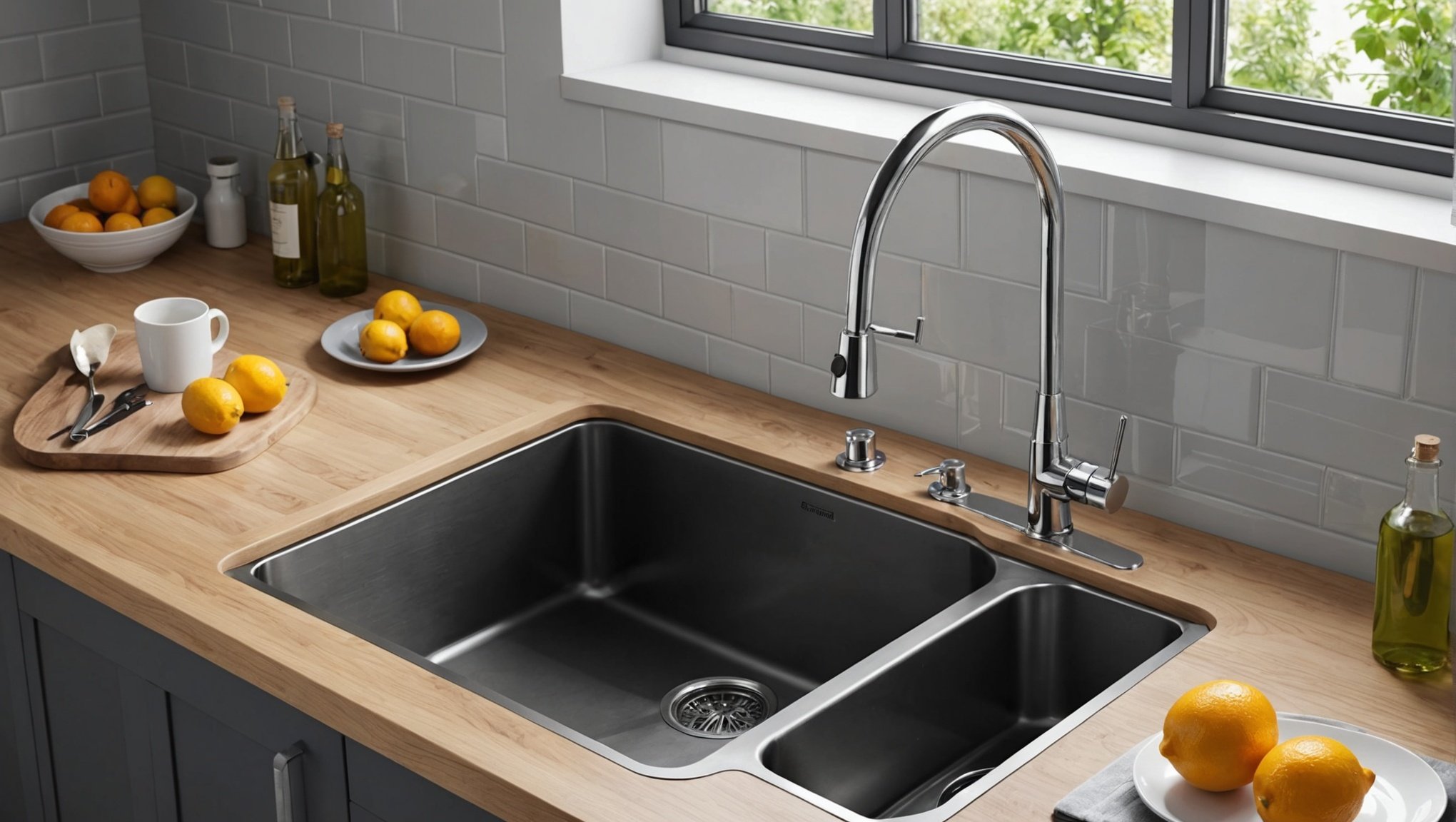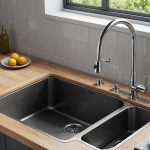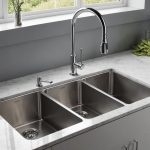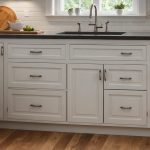Top Sink Options for UK Kitchens: Tackling Hard Water Challenges
When it comes to designing or renovating a kitchen in the UK, one of the most critical considerations is how to manage the effects of hard water. Hard water, characterized by high levels of calcium and magnesium, can cause significant problems, from limescale buildup to reduced appliance efficiency. Here, we’ll explore the top sink options and solutions to help you navigate these challenges effectively.
Understanding Hard Water and Its Impacts
Hard water is a common issue in the UK, affecting over 60% of households. The South East, particularly London, has some of the hardest water due to the chalk and limestone bedrock that dissolves calcium and magnesium into the water supply.
Also to discover : Top Sink Choices for UK Kitchens: Navigating Hard Water Challenges
Problems Caused by Hard Water
- Limescale Buildup: Hard water causes limescale to form in pipes, reducing water flow and increasing energy bills. For instance, just 1/16 of an inch of scale around a boiler’s heating elements can raise fuel costs by up to 15%.
- Appliance Efficiency: Hard water reduces the lifespan of appliances by 30 to 50% in high hard water areas. This is because limescale buildup affects the efficiency and longevity of these appliances.
- Cleaning Issues: Mineral buildup from hard water leaves stubborn white films on faucets and glassware, and soap scum is harder to remove.
- Skin and Hair: Hard water can dry skin and cause eczema, and it makes it difficult to create a good lather with shampoo.
Choosing the Right Kitchen Sink
Selecting the right kitchen sink is crucial, especially when dealing with hard water. Here are some key considerations:
Materials and Durability
- Stainless Steel Sinks: Known for their durability and ease of cleaning, stainless steel sinks are a popular choice. They resist scratches and are less prone to limescale buildup compared to other materials.
- Enameled Cast Iron Sinks: These sinks offer a traditional look and are highly durable. However, they require more maintenance to prevent limescale buildup and need approved cleaners to protect the enamel.
- Neoroc Composite Sinks: These sinks are made from a combination of materials and offer a modern look. They are easy to clean and maintain but may not be as durable as stainless steel or enameled cast iron.
Sink Configuration
- Top-Mount, Under-Mount, Apron-Front: The type of sink you choose depends on your countertop setup. For example, under-mount sinks are ideal for granite or solid surface countertops, while top-mount sinks are better suited for laminate or tile countertops.
Selecting the Right Kitchen Tap
The kitchen tap is another critical component that must be chosen with hard water in mind.
This might interest you : Top Non-Slip Kitchen Rugs in the UK: Discover the Best Options for Safety and Style!
Tap Styles and Materials
- Traditional vs Contemporary: Traditional taps have classic designs and are often made from brass, bronze, or nickel. Contemporary taps are sleek and simple, commonly made from stainless steel, chrome, or matte black.
- Single Lever Taps: These taps are convenient for controlling water flow and temperature. They are available in various materials, including stainless steel and chrome, which are easy to clean and maintain.
Budget Considerations
- Price Ranges: Kitchen taps vary widely in price. Budget taps start under £100, mid-range taps are between £100 and £300, and premium taps cost over £500. Premium taps often come with advanced features and longer warranties, making them a better long-term investment.
Water Softeners and Filters: Essential Solutions
To mitigate the effects of hard water, installing a water softener or filter is highly recommended.
Water Softeners
- Ion Exchange Systems: These systems remove calcium and magnesium ions from the water, replacing them with sodium or potassium ions. This is the most effective way to eliminate hard water and limescale buildup.
- Magnetic Water Softeners: These use electromagnetic coils to neutralize the minerals in the water, preventing them from causing scaling. While cheaper and easier to install, they are less effective than ion exchange systems, especially in areas where water sits for extended periods.
Water Filters
- Shower Head Water Softeners: These are easy to install and can be replaced with your existing shower head. They use ion-exchange or electro-chemical catalytic reactions to soften the water, making it better for hair and skin.
- Whole House Filtration Systems: These systems filter all the water in your home, providing cleaner, fresher drinking water and reducing limescale buildup throughout your plumbing system.
Practical Tips for Managing Hard Water
Here are some practical tips to help you manage hard water in your kitchen:
Regular Maintenance
- Clean Your Tap Regularly: Use a non-abrasive cleaner and a soft sponge to clean your tap. For stainless steel taps, avoid using abrasive materials that can scratch the surface.
- Replace Filters: If you have a product like the Franke Minerva hot water tap, ensure you replace the filters regularly to avoid costly repairs and maintain the warranty.
Use a Basket Strainer
- Prevent Debris: Using a basket strainer in your sink can help prevent debris from entering the plumbing system, reducing the risk of clogs and damage from hard water.
Consider a Water Softener
- Long-Term Savings: While the initial cost of a water softener may seem high, it can lead to significant long-term savings by reducing energy bills, extending the life of appliances, and minimizing plumbing repairs.
Real-Life Examples and Anecdotes
The Franke Minerva Hot Water Tap Experience
One homeowner’s experience with the Franke Minerva hot water tap highlights the importance of clear communication about maintenance costs. The homeowner was unaware of the need to replace filters every six months, leading to a costly repair bill. This example underscores the need for transparency from manufacturers about ongoing maintenance costs.
Comparative Table: Water Softeners and Filters
Here is a comparative table to help you decide between different water softening and filtering options:
| Option | Description | Effectiveness | Cost | Maintenance |
|---|---|---|---|---|
| Ion Exchange Water Softener | Removes calcium and magnesium ions | Highly effective | High initial cost, ongoing salt replacement | Regular salt replacement |
| Magnetic Water Softener | Uses electromagnetic coils to neutralize minerals | Less effective, especially in areas with stagnant water | Lower initial cost, no ongoing costs | Minimal maintenance |
| Shower Head Water Softener | Ion-exchange or electro-chemical catalytic reaction | Effective for shower use | Low to moderate cost | Replace filter periodically |
| Whole House Filtration System | Filters all water in the home | Highly effective | High initial cost, ongoing filter replacement | Regular filter replacement |
Managing hard water in your UK kitchen requires a multifaceted approach. By choosing the right kitchen sink and tap, installing a water softener or filter, and maintaining your plumbing system regularly, you can mitigate the negative effects of hard water. Here are some final tips:
- Choose durable materials like stainless steel for your sink and tap to reduce maintenance.
- Invest in a water softener to eliminate limescale buildup and extend the life of your appliances.
- Use water filters to ensure cleaner, fresher drinking water.
- Regularly clean and maintain your tap and sink to prevent limescale buildup.
By following these guidelines, you can create a kitchen that is not only functional but also free from the challenges posed by hard water.
